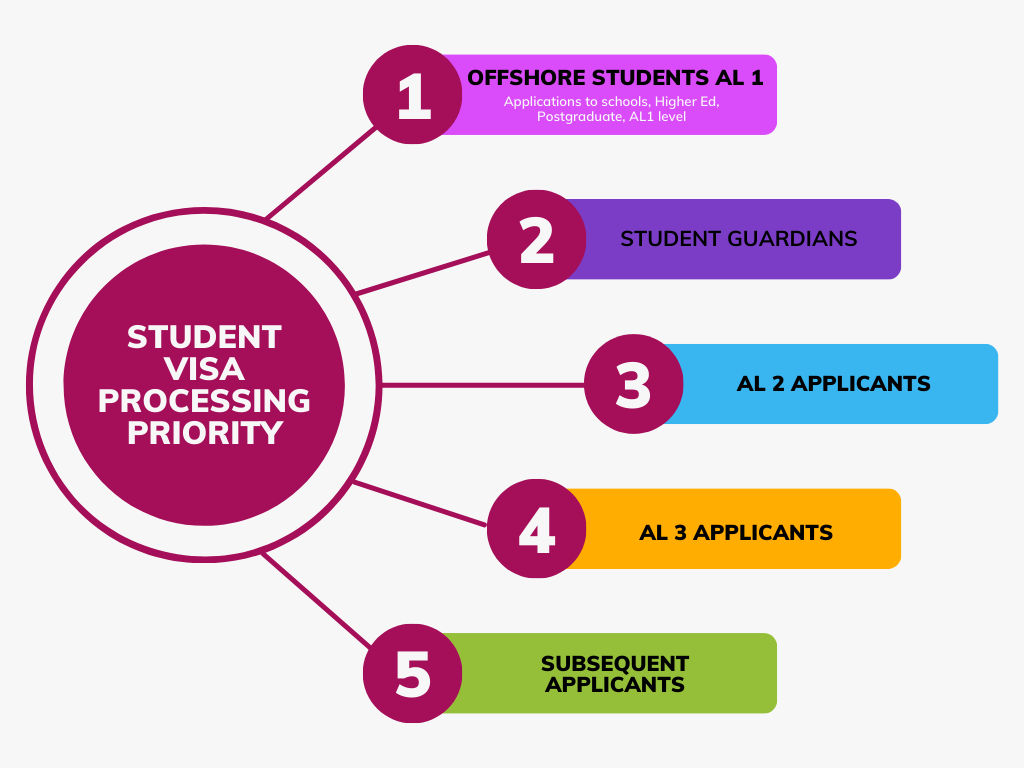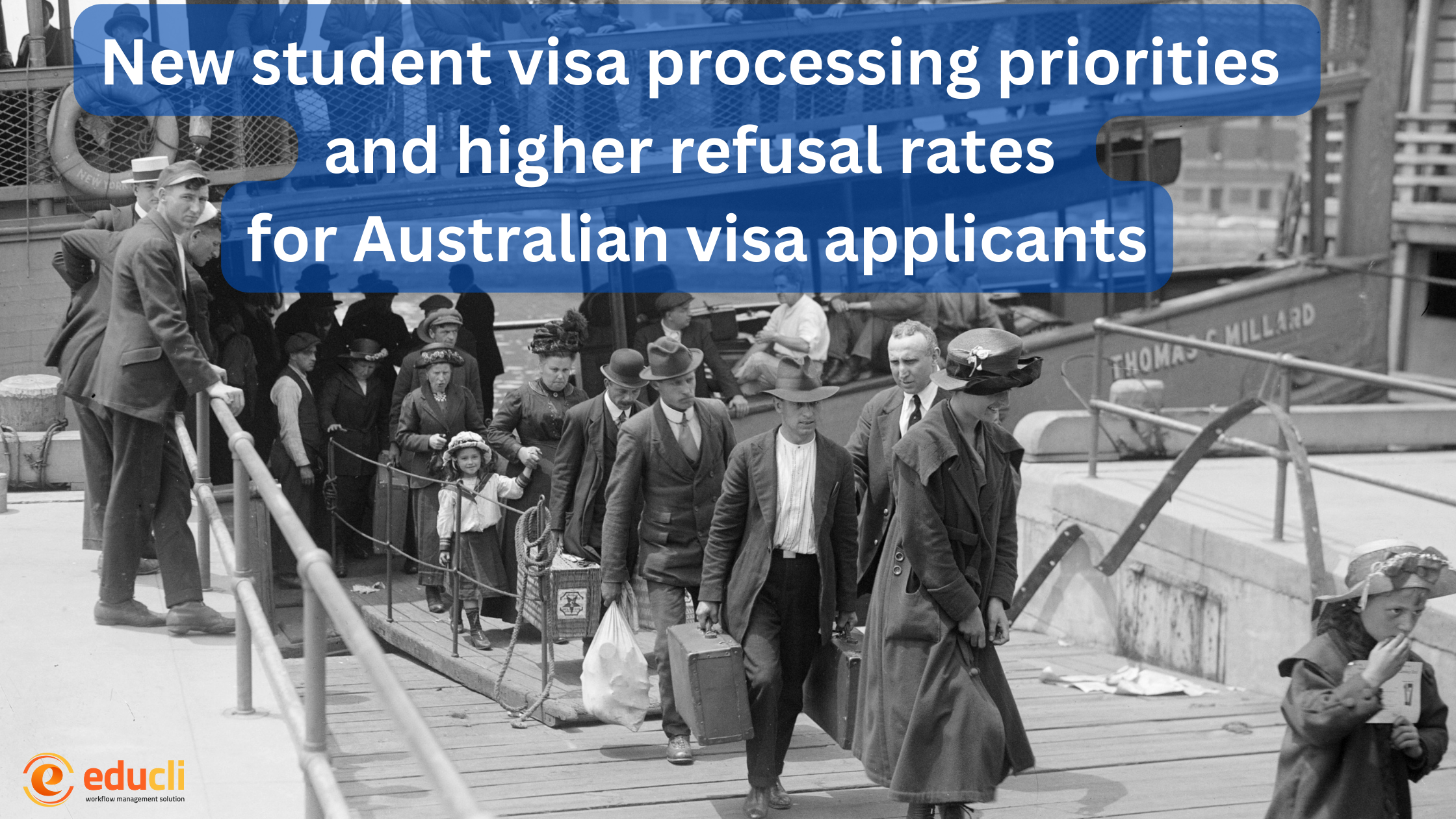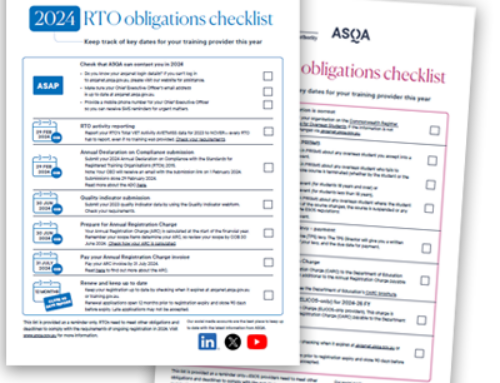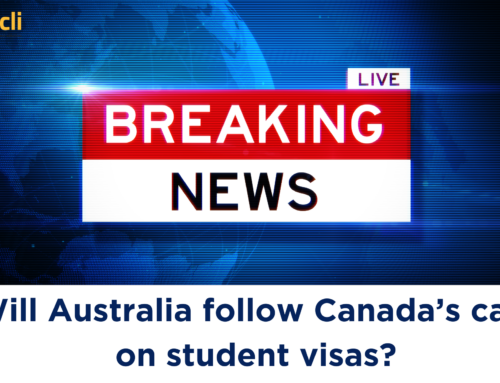The Minister has determined the order of priority for considering and disposing of Student Guardian visa applications and offshore Subclass 500 (Student) visa applications in response to the high levels of demand for Subclass 500 (Student) visas.
These applications will be processed in the following order, as described below:
- Offshore Student visa applications when the primary applicant:
- is a school student, Foreign Affairs student or Defence student;
- intends to undertake a full-time course of study under a secondary school student exchange program;
- intends to undertake a higher education course or a full-time registered course of study or training at an AL1 rated institution;
- intends to undertake a postgraduate research course.
- Student Guardian visa applications.
- Offshore Student visa applications of applicants intend to undertake a higher education course or a full-time registered course of study or training at an AL2 rated institution.
- Offshore Student visa applications of applicants intend to undertake a higher education course or a full-time registered course of study or training at an AL3 rated institution.
- Offshore Student visa applications made by subsequent entrants.

Please note that:
- Any secondary applicant (spouse, de-facto partner or dependent child) who is included in the primary visa application will be given the same priority as the primary applicant;
- Subsequent applicant means a secondary applicant (partner or children) for a student visa who did not make a combined application with the primary applicant / primary visa holder;
- Offshore Sc 500 applicants undertaking two or more course of study will be given priority over applicants intending to only undertake one course;
- Where the primary applicant intends to undertake two or more courses of study (course packaging), the application will be given the order of priority that applies to the principal course of study (i.e. the course of study with the highest Australian Qualifications Framework (AQF) level).
- Student visa applications lodged in Australia should continue to be processed according to existing processing arrangements.
The number of student visa applications to Australia reached an all-time low at the end of the previous year, which has resulted in a significant number of international students having their hopes dashed of obtaining a visa to visit Australia. An approval rate of slightly more than 82% was achieved for visa applications for higher education during the six months leading up to December. Data that was recently made public by the government indicates that this figure decreased from 87.5% in the fiscal year 2022-23. For the past 15 years, application approval rates have run at well over 90%.
The approval rate for vocational education student visas was even more dismal, reaching a record low of 70% in the six months to December. The job of sorting through student visa applications is about to be made more difficult for the government after Canada announced a hard cap on the number of applications it approves.
The data reveals that of the 132,000 higher education visa applications lodged in the last six months of 2023, just 98,200 were granted. For vocational education, the numbers are even starker. In the six months to December, of the 65,470 applications, just 33,800 visas were granted.
Total applications in December 2022 and 2023 were almost identical, suggesting that the government’s reform agenda and messaging were not getting through to their intended audience. “The fact that application numbers didn’t fall in December was a bit of a surprise,” said immigration expert Abul Rizvi. “What that means is that the government is increasingly reliant on refusing applications. We need to get the application rate down so the system is manageable.” Phil Honeywood, chief executive of the International Education Association of Australia, said Australia’s messaging to prospective students needed to be tougher. “We need to focus more on quality, higher education and skills in targeting the students we want to attract,” Mr Honeywood said.
The Canadian announcement last week, Canada will cut the number of study permits issued to international students to approximately 360,000 in 2024, a decrease of 35% from 2023 levels. The sentiment is that those cuts may push prospective students into other competitive markets, particularly Australia. However, the raft of reforms that have been implemented, which include the cancellation of a COVID-19 visa, the limitation of work hours for international students, the reintroduction of the requirement that students attend classes, an increase in the amount of money that students must demonstrate for their application, and delays in visa processing, are causing applicants to Australia to feel some level of anxiety.
With elections due in Canada, the UK, the USA and Australia in the next 18 months, politicians in all three countries are acutely aware of rising discontent over record migration numbers and housing shortages.
The shift in policies and approaches towards international education will bring about changes; the passage of time is the only factor that can determine whether these changes will have a positive or negative impact on the sector as a whole.
#internationaleducation #studyabroad #Australia #educli





Leave A Comment